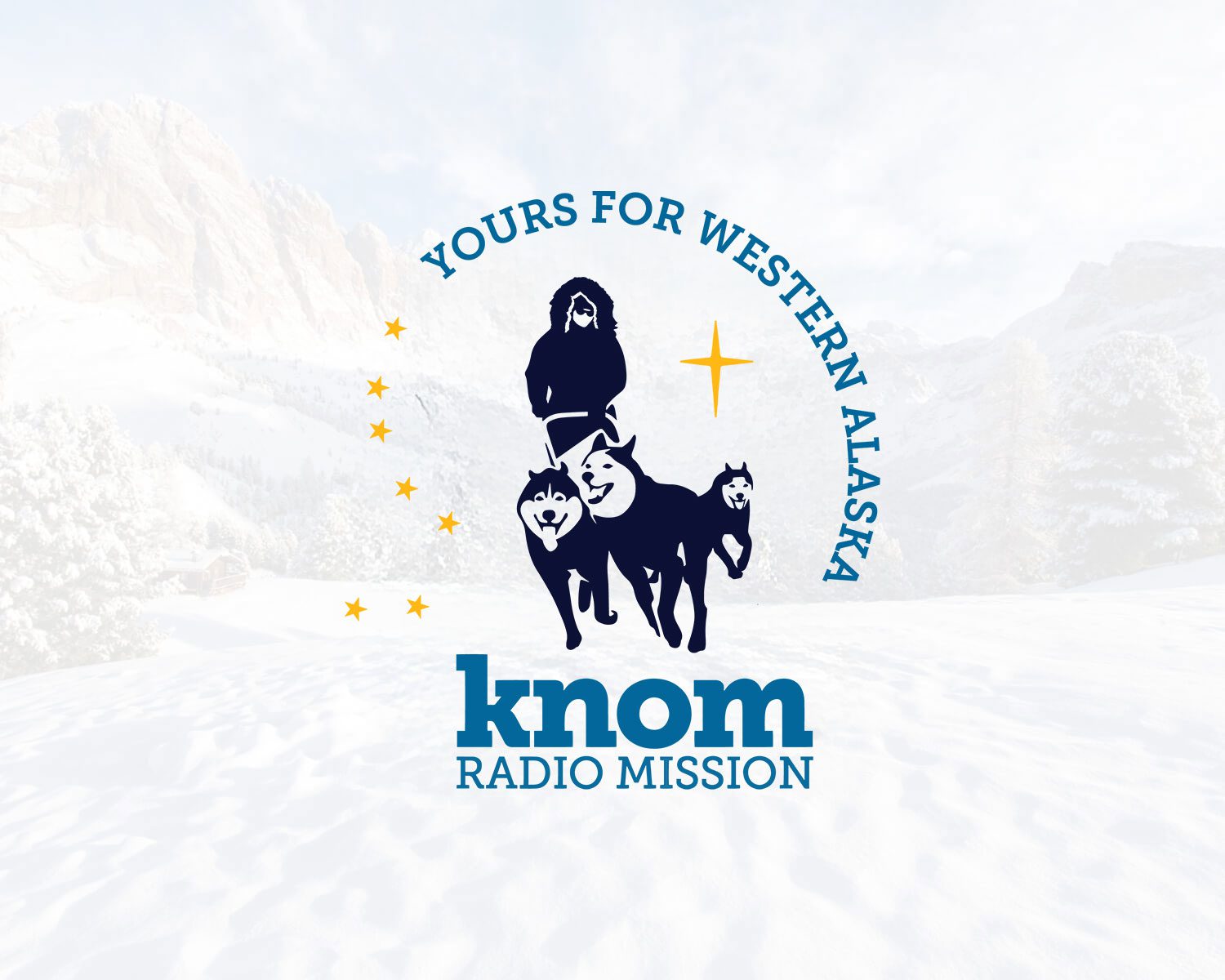In recent years, the salmon count in Western Alaska has changed a great deal. This summer and last, there was no subsistence fishery on the Yukon river. Locals have spoken out about the decimation of a primary traditional food source. At the same time, Bristol Bay has seen record numbers of sockeye salmon runs for the past two summers.
Many Western Alaskans feel strongly that one primary issue leading to the collapse
in fish stock is bycatch: salmon caught by commercial fishing trawlers in the ocean before they have the chance to swim upriver. In 2021, over 15,000 chinook salmon were caught as bycatch by pollock fishermen, according to a statement from the Bering Sea Fishermen association. In the same year, pollock fishermen caught 550,000 chum bycatch. Council member Nicole Kimball said most of the fish caught are of Asian origin, not Alaskan, and therefore would not have contributed to the river fisheries in Western Alaska.
Residents gathered at Old St. Joe’s Church in Nome to address the Northern Pacific Fishery Management Council, the federal fisheries managers for the region. Quite a few people proposed solutions.
“The traditional value of not wasting, and also of only taking what you need, are points that we are constantly emphasizing when we’re at the North Pacific Council,” Julie Raymond-Yakoubian, Kawerak social science program director, said.
Some opted to forgo research for immediate action. Kawerak, the Kuskokwim River Tribal Fish Commission, the Aleut Community of St. Paul, and other organizations across the state wrote a petition to the Secretary of Commerce.
“Emergency action is necessary to address severe and unforeseen ecological, economic, social and public health concerns affecting Western Alaska and Interior Alaska communities that depend on salmon,” the petition stated.
The council passed motions to write a discussion paper about chum bycatch and to develop a working group to research bycatch issues.
“Unfortunately, they didn’t take any real concrete action that is going to help stem the salmon crisis that our communities in all of Western Alaska, and up into our rivers in the Interior, the Yukon, the Kuskokwim, that everyone is suffering through right now and has been for some time,” Raymond-Yakoubian said.
Image at the top: Residents shared the importance of fishery management laws that reflect cultural values and advocated for solutions to the loss of salmon. Photo by Scotty Campbell, KNOM (2022).






